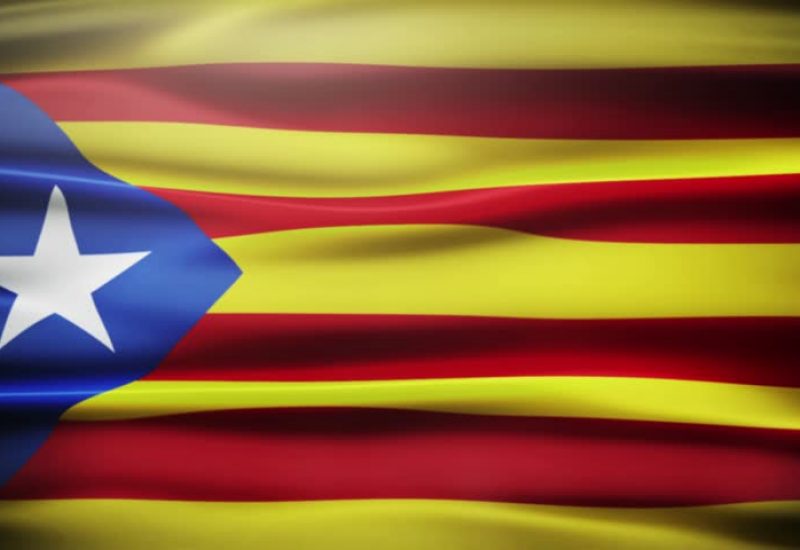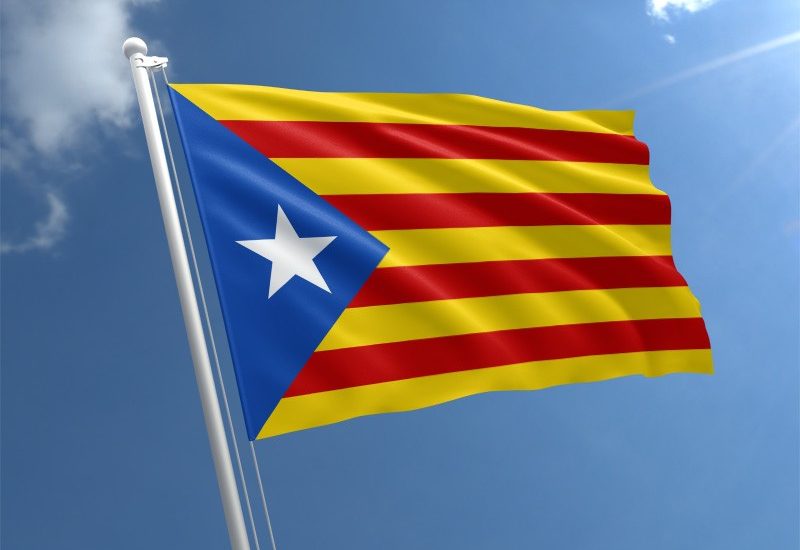- February 22, 2019
- 2:09 pm
- Constitutional Change
by Antoni Abat Ninet, Professor of Constitutional Law, University of Copenhagen, Denmark
After 500 days of pre-trial detention, and facing charges of rebellion and sedition (among others) which carries a maximum of 30 years in prison, it found guilty, former Catalan representatives and grassroots activist had finally the possibility to be heard by the Supreme Court in Madrid. A court on which there are reasonable doubts about their competence to deal with this trial.



